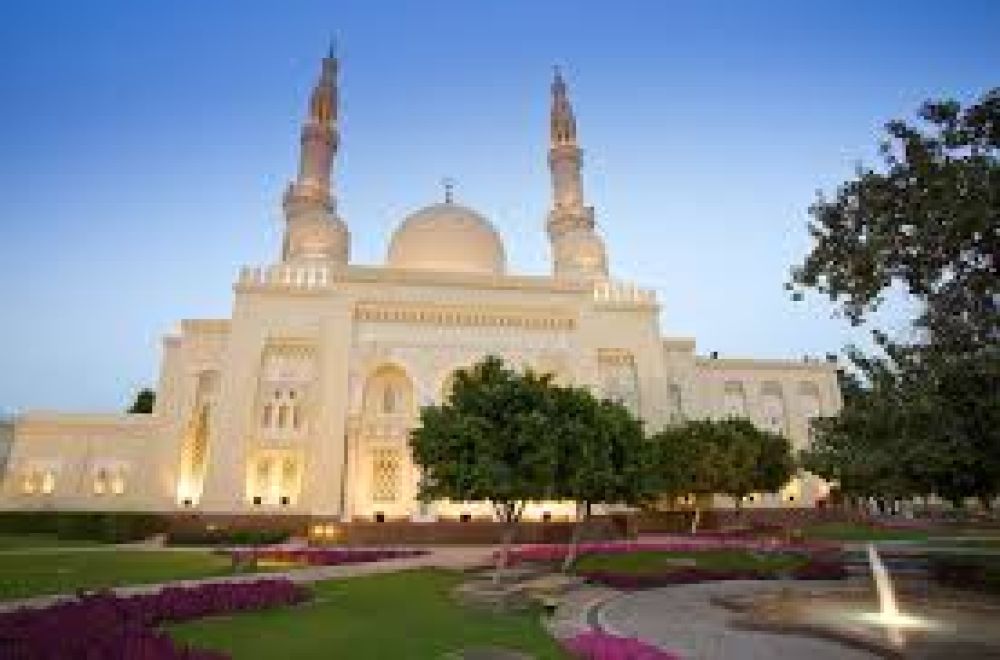

Dubai has always been known for its opulent charm and as a playground for the rich and famous, but it's also a place of cultural significance and architectural marvels. One of its jewels and a testament to Islamic architecture is the Jumeirah Mosque. Opened to the public in 1979, the Jumeirah Mosque is not only a place of worship but also a beacon of understanding, offering a rare opportunity for non-Muslims to learn about Emirati culture and religion.
The tourism history of the Jumeirah Mosque is intricately linked with Dubai's own blossoming as a global tourist destination. During the late 20th century, as Dubai sought to diversify its economy, it started investing in infrastructure and attractions to entice international tourists. The mosque, built in the traditional Fatimid style, quickly became a must-visit landmark for its stunning architecture and the inclusive initiative of opening its doors to people of all faiths.
Inspired by Cairo's Al-Azhar Mosque, the Jumeirah Mosque is constructed entirely from white stone and is most notable for its intricately decorated ceilings and detailed Arabic calligraphy. It was built by the late Sheikh Rashid bin Saeed Al Maktoum, who was the ruler of Dubai from 1958 until his death in 1990. He was pivotal in shaping the modern skyline of Dubai.
Recognizing the potential to foster understanding and tolerance, the Sheikh Mohammed Centre for Cultural Understanding (SMCCU) started offering guided tours of the mosque in 1998. This initiative was part of a broader program known as "Open Doors, Open Minds," aiming to give visitors a deeper insight into the Islamic faith and Emirati practices.
As the 21st century rolled in, Dubai's tourism industry exploded with the advent of skyscrapers, luxury resorts, shopping malls, and man-made islands. Eco-friendly and sustainable tourism have become more prominent, reflecting a global trend towards responsible travel practices. The Emirate's strategy now also includes the promotion of cultural tourism, with Jumeirah Mosque playing a pivotal role.
The tours offered at Jumeirah Mosque continue to evolve with modern guests' expectations. Visitors are now more interested in authentic experiences that offer personal growth and learning rather than mere sightseeing. Consequently, the mosque provides cultural meals, traditional clothing try-ons, and Q&A sessions after the tours to deepen visitors' engagement.
In the social media era, the beauty of Jumeirah Mosque has made it a photogenic hotspot, drawing Instagrammers and photographers aiming to capture the essence of Dubai's more spiritual side. The mosque often hosts iftar events during Ramadan, which have also grown in popularity among tourists wishing to experience traditional Emirati hospitality.
The rise of the digital world has impacted how people choose their holiday destinations. Dubai's government uses cutting-edge technology to enhance visitor experiences through apps and virtual reality, making information and booking options for places like the Jumeirah Mosque more accessible.
As we move forward into an ever-connected age, the tourism industry in Dubai continues to pivot and adapt, with the Jumeirah Mosque remaining a serene counterpoint to the high-tech hustle of the city, inviting tourists to step back and appreciate the artistry and culture rooted deep within the heart of the UAE.